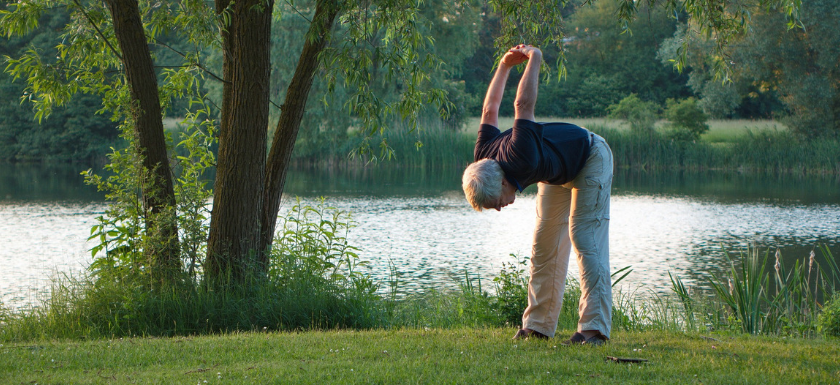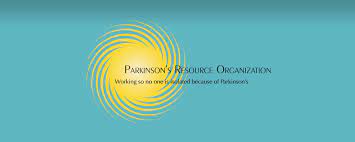Why Aren’t More Of Us Doing It?
If exercise is good for seniors, why are so many seniors not doing it? The health benefits of exercise and physical activity are many. Regular exercise can prevent or delay disease, improve your mood and reduce your chance of injury. But…is exercise good for seniors? Well, it’s not only good, it’s great!
The importance of exercise as we get older
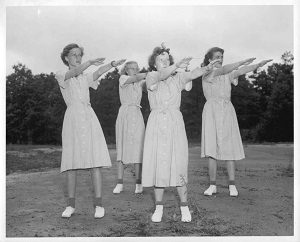
There are many reasons why we tend to slow down and become more sedentary with age. It could be due to health problems, weight or pain issues, or fear of falling. Or, maybe you think that exercising is not for you. The truth is, as you grow older, being active is more important than ever for your health. Just getting up and moving can boost your energy, maintain your independence, protect your heart, and manage symptoms of illness or pain as well as your weight. And regular exercise is also good for your mind, mood, and memory. No matter your age or your current physical condition, there is a way for you to become more active and improve your health and outlook.
What are the benefits of exercise for seniors?
A recent study in Sweden found that physical activity was the number one contributor to living longer. – even if you don’t start exercising until your senior years. But it’s not as much about living longer as it is about living better. You’ll not only look better when you exercise but you’ll feel better, be more alert and energetic and have a greater sense of well-being.
How exercise benefits your body
- Helps you lose or maintain weight. Exercise helps increase your metabolism and builds muscle mass, helping to burn more calories. As we get older our metabolism slows and it’s harder to maintain a healthy weight.
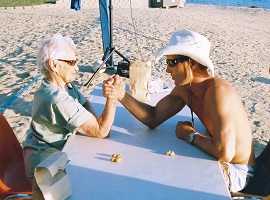 Reduces the impact of illness and chronic disease. People who exercise tend to have improved immune and digestive functioning, better blood pressure and bone density, and a lower risk of Alzheimer’s disease, diabetes, obesity, heart disease, osteoporosis, and certain cancers.
Reduces the impact of illness and chronic disease. People who exercise tend to have improved immune and digestive functioning, better blood pressure and bone density, and a lower risk of Alzheimer’s disease, diabetes, obesity, heart disease, osteoporosis, and certain cancers.- Increases mobility, flexibility and balance. Exercise improves your strength and flexibility. This will lead to better balance, coordination, and reduced risk of falls. Strength training also helps alleviate the symptoms of chronic conditions such as arthritis.
Benefits for your mind
- Improves sleep. Quality sleep is vital for your overall health. Regular physical activity can help you fall asleep
 more quickly, sleep better, and wake feeling more energetic and refreshed.
more quickly, sleep better, and wake feeling more energetic and refreshed. - Boosts mood and self-confidence. Exercise is a huge stress reliever and the endorphins produced can help reduce feelings of sadness, depression, or anxiety. Being active and feeling stronger naturally helps you feel more confident.
- Improves brain functions. Activities like Sudoku or crossword puzzles can help keep your brain active, but little comes close to the beneficial effects of exercise on the brain. It can help with multitasking and creativity and can help prevent memory loss, cognitive decline, and dementia. Getting active may even help slow the progression of brain disorders such as Alzheimer’s disease.
So, why aren’t seniors exercising?
Lack of Confidence
As we age we lose confidence for many activities. This can be attributed to our perceptions of decreased fitness and body competency. Unfortunately, a sedentary lifestyle can further this perception and ultimately lead to a fear of falling.
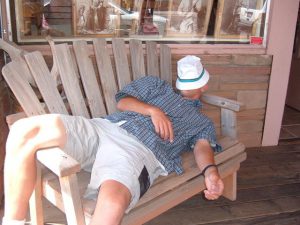 Fear of Injury
Fear of Injury
When we render our bodies unfit and incompetent, developing a fear of injury is natural. Fear of falling, getting hurt, and general safety are among the most commonly reported barriers to exercise.
Inertia
Many older adults report general apathy or laziness as a reason for not exercising. Some find exercise itself to be boring and others just lack the energy or motivation.
Depression and Anxiety
Older adults are dealing with more than just changes in body competency and mental sharpness – they may also be adjusting to the passing of loved ones, retirement, and having to care for frail persons older than themselves. Depression can have a huge impact on ones motivation to exercise.
Self-conscious
Older adults consider the worst part of aging to be the changes that occur to their physical appearance. Poor body image makes them fear exercising in gyms or other public areas.
Health Problems
Chronic illness, disability, joint pain, etc., are common health problems that can keep older adults from exercising. They may fear pain, further injury or sickness, or simply assume that they can’t physically do the work.
Lack of Knowledge
Many minority groups report that they don’t know how to exercise without instruction. There’s also a belief that exercise has to be very strenuous and uncomfortable for it to be effective, keeping some older adults from even considering exercising.
Ironically, Exercise is the Remedy
What’s ironic is that exercising could improve or reverse the conditions that keep older adults from exercising in the first place (i.e., fear of falling, anxiety, depression, poor body competence, etc.). Older adults have reported improvements in productivity, self-esteem, mood, and overall health with increased physical activity. Exercising has also been shown to reduce the risk of falling and developing chronic conditions, such as heart disease, diabetes, cancer, and osteoporosis. It improves quality of life in people who are in poor health or disabled, increases confidence, and reduces levels of anxiety and depression.
In our next article we will discuss how you can build a balanced exercise plan customized for you. In the meantime, make a commitment to move a little more today than you did yesterday.

